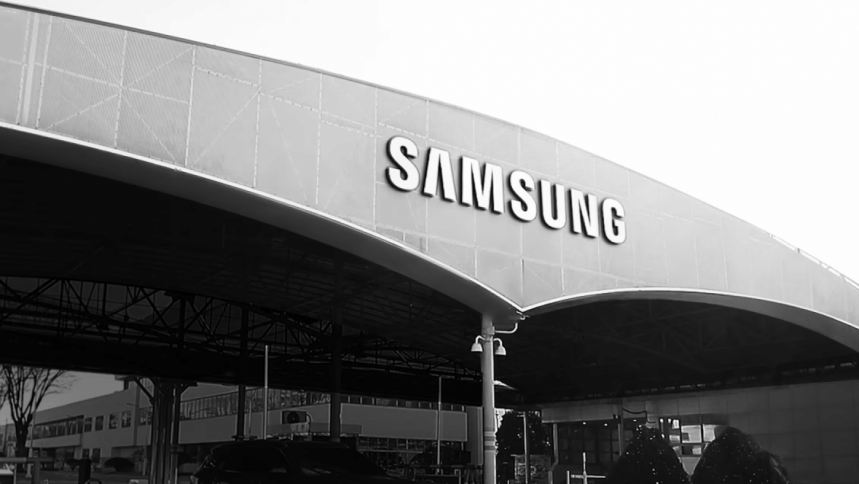Samsung apologises for delayed AI chip production

Samsung Electronics has issued an apology to its investors after revealing worse-than-expected revenue and profit forecasts, according to a recent report by Bloomberg News. The company acknowledged that it is struggling to maintain its technological competitiveness, especially in the fast-growing field of artificial intelligence (AI).
Acknowledgement of crisis
In an unusually candid statement, Jun Young-hyun, newly appointed head of Samsung's semiconductor division, admitted that the company is under significant pressure due to its recent underperformance, states the Bloomberg report. "Concerns have arisen about our fundamental technological competitiveness and the company's future," said Jun, emphasising the urgency to overhaul the organisation. Despite a surge in global demand for AI-related chips, Samsung is struggling to capitalise on this opportunity, he said.
The apology comes as Samsung reported a third-quarter profit forecast of 9.1 trillion won ($6.8 billion), a substantial 274.5% increase from the same period last year but still falling short of market expectations. This profit, while impressive, reflects the company's struggle to fully leverage the boom in demand for AI server chips. The results also represented a 13% decline from the previous quarter.
Falling behind in AI chip production
One of the core issues Samsung is facing is its lag in producing high-bandwidth memory (HBM) chips, which are essential for AI training processors, particularly those used by Nvidia, explains the Bloomberg report. Competitor SK Hynix has pulled ahead in this arena, securing a dominant position in the market for these critical chips. Samsung has admitted to delays in delivering HBM chips, allowing SK Hynix to gain the upper hand in this lucrative segment.
Industry experts, such as Kim Dae-jong from Sejong University in Seoul, suggest that Samsung's loss of key employees to SK Hynix has exacerbated the issue, contributing to the company's declining performance in this area. The company now faces a "grave situation," with its stock down nearly 30% over the past six months.
Mass layoffs soon to come?
As part of its response to these challenges, Samsung is planning mass layoffs across its Asian operations. While described as routine, reports suggest that these cuts could affect as much as 10% to 30% of the overseas workforce in certain divisions. The company has also hinted at plans to reassess and potentially revamp its workplace culture to address internal inefficiencies and improve overall performance.
"We will make the serious situation we are currently facing an opportunity for a resurgence," Samsung stated in an official statement, promising that management would take swift and decisive action to navigate through the crisis.
Is there a silver lining for Samsung?
Despite the underwhelming profit guidance, some analysts remain cautiously optimistic about Samsung's future. Jene Park, a senior analyst at Counterpoint Research, noted that while Samsung is facing challenges in the memory chip sector, the company still plays a crucial role in the global supply chain, which may prevent any drastic sales or profit declines in the near term.
Samsung has projected a 17.2% increase in sales for the third quarter, reaching 79 trillion won ($59 billion). However, the company's ability to regain its competitive edge, particularly in the high-bandwidth memory chip market, will be critical to its future success.

 For all latest news, follow The Daily Star's Google News channel.
For all latest news, follow The Daily Star's Google News channel. 








Comments